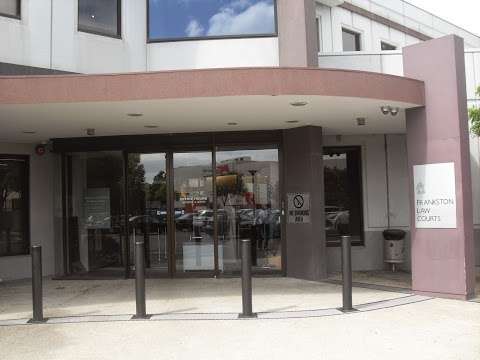The Court:
Frankston Magistrates Court
The Charges
The Allegations
Our client had been in a relationship with the complainant for several years. There had been numerous family violence incidents in the past, which resulted in police applying for a Family Violence Intervention Order in favour of the complainant and the children of the relationship. It should be noted that the complainant was not supportive of the intervention order, and DHHS, which had been involved with the family, did not share the police’s concerns. The conditions of the intervention order were that the client must not commit family violence, intentionally damage the complainant’s property or threaten to do so, and he could not have someone commit prohibited behaviour on his behalf.

The complainant had reported to police that our client had hit her and spat at her following an argument. Police attended and served the client with a varied intervention order, which excluded him from the property and prohibited any contact between the parties. The client stated there had been an argument, and he went to the bedroom to remove himself from the situation and prevent the argument from escalating. He further noted that police arrived when he was sitting on the bed. He denied physically assaulting the complainant in any way.
The client was rendered homeless as a result of the alleged incident. When the matter returned to court, the complainant advised police that she did not wish to proceed with the charges. Her doctor had provided her with a letter advising that she was not taking her medication at the time of the incident and that she had a propensity to lie when she was not taking her medication. This letter was also disclosed to the client. The complainant was not supportive of any variation to the intervention order and wanted our client to be able to return home.
At Court
Our solicitor argued that the complainant’s credibility was questionable, given her doctor’s diagnoses. Furthermore, there was no corroborating evidence of the alleged incident, as it had occurred within the parties’ home, and no one else was present. The prosecution declined our request to withdraw all charges and instead sought to adjourn the matter to a contest mention.
The matter was called in court, where the Magistrate heard that the police would be withdrawing their application to vary the intervention order but wished to proceed with the criminal charges. The client and complainant were in court during this discussion with the Magistrate. The complainant spoke from the body of the court and advised the Magistrate that she did not wish to proceed with the charges, informing him of the letter from her general practitioner. Taking this into account, the Magistrate determined that the matter should proceed directly to contest rather than a contest mention, as no further information would be rendered to the court. Therefore, a contest mention would simply be delaying the proceedings.
The Outcome
Our solicitor continued to discuss the charges with the prosecution through case conferences leading up to the contest date. The prosecution was persuaded by our solicitor’s arguments regarding the lack of evidence available to the court and ultimately withdrew all the charges.
Our client and the complainant were grateful that the matter was resolved. They could move forward with their lives together without the burden of participating in a contested hearing.


























